Radio Dismuke will ring in the New Year in all four continental United States time zones with our eighth annual New Year’s Eve broadcast. Joining Dismuke on the broadcast will be guest contributors Eddie The Collector, Eric, Christian and Matt From College Station who will be bringing lots of fun and interesting 1920s and 1930s recordings from their respective 78 rpm record collections. The year 2013 will also mark the 100th anniversary of the year 1913 – so we will commemorate the occasion by including a few recordings from that year as well. 2013 is also the 100th anniversary of the introduction of the Edison Diamond Disc, a very unusual type of disc record manufactured by the Thomas Edison company from 1913 – 1929 – so we will also be playing some jazz and dance band Edison records. And we will also feature one of the world’s first long playing records – a ten inch 80 rpm Edison disc from 1926 that had a playing time in excess of twenty minutes per side. The records were not commercially successful and only a few were made so they are extremely rare today. We will not play the entire record all the way though – but we will sample several minutes worth of it. There is no better way to get a brand new year off to a great start than with lots of happy, jazzy and melodic vintage recordings.
For those who have other plans on New Year’s Eve or reside in time zones where the initial broadcast occurs at odd hours, the entire program will be rebroadcast in continuous rotation throughout New Year’s Day.
New Year’s Eve
Monday, December 31, 2012
United States Listeners
10:00 PM – 4:00 AM Eastern
9:00 PM – 3:00 AM Central
8:00 PM – 2:00 AM Mountain
7:00 PM – 1:00 AM Pacific
International Listeners
3:00 AM – 9:00 AM Tuesday GMT
New Year’s Day
Tuesday, January 1, 2013
Rebroadcast
After the initial airing, the program will immediately repeat and play in continuous rotation throughout New Year’s Day. The continuous loop rebroadcast will run though at least midnight Monday morning Central Time in the USA (6:00 AM Monday GMT). The replay of the broadcast that is still in progress at midnight will be allowed to complete before Radio Dismuke resumes normal programing for Monday.
Here is a website that will be helpful for listeners outside of North America who wish to convert the broadcast schedule to their local time:

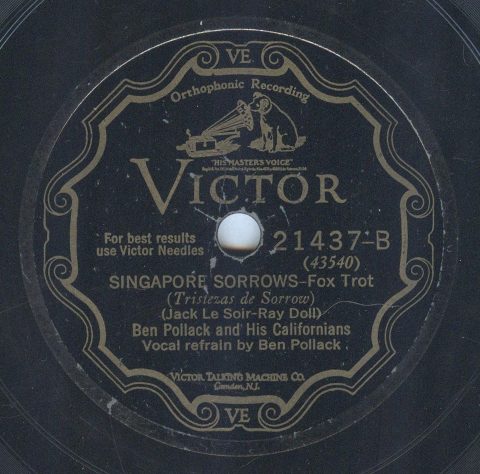
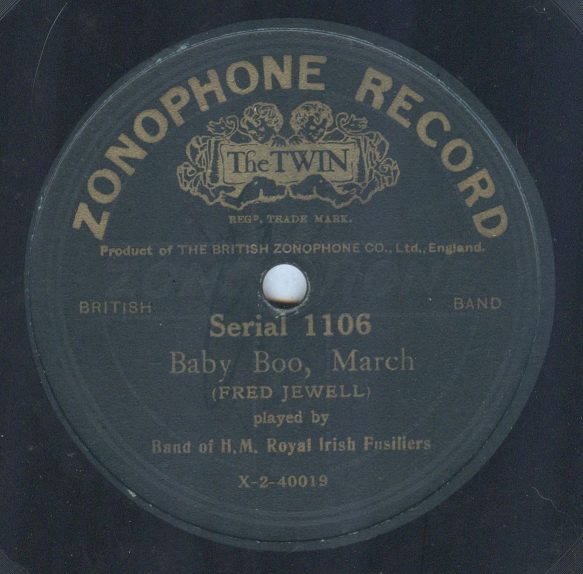
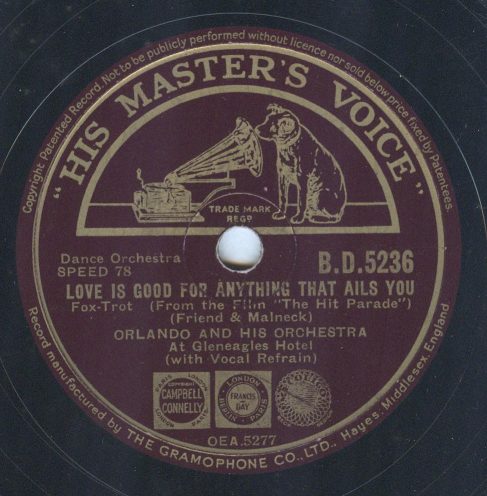
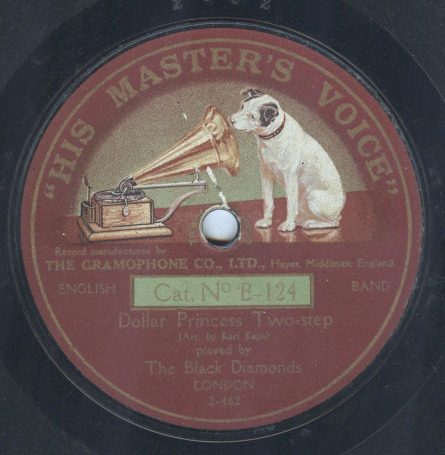
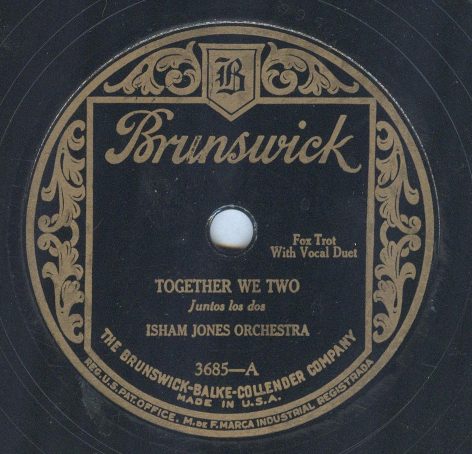
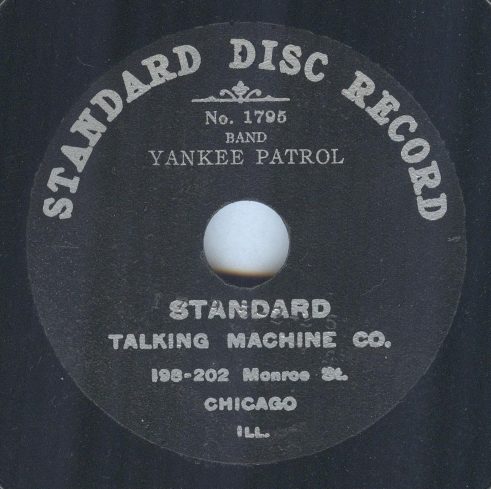
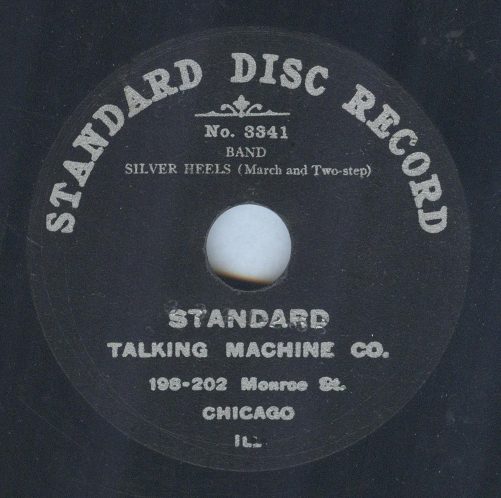
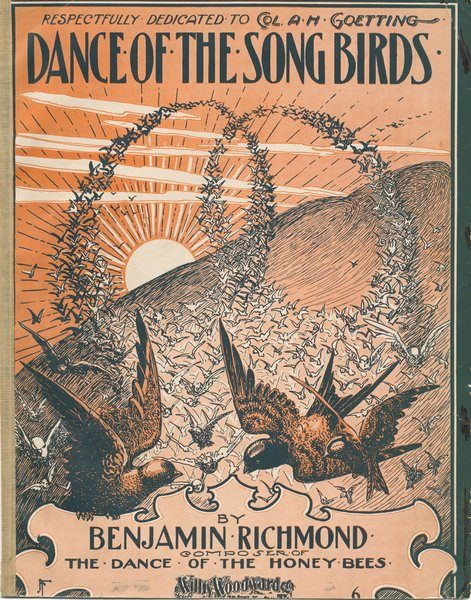
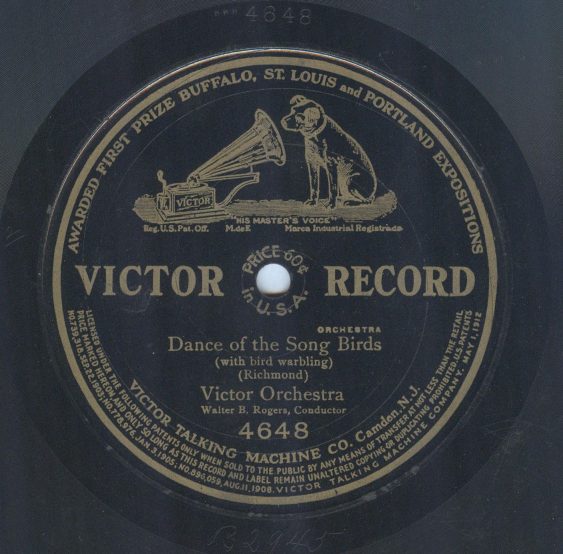
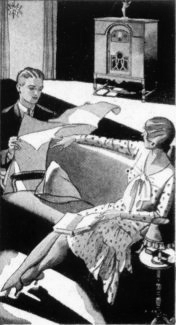 Radio Dismuke
Radio Dismuke